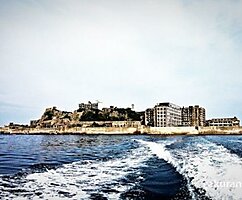Without trade with the West? Well, we lived
 Bashny.Net
Bashny.Net

The Soviet Union is remembered by many downright vampiric thirst for everything overseas.
Suffice it to mention fartsovka - a unique social, economic and cultural phenomenon. Teens who begged from foreigners gum or replace it with pioneering icons - now it might seem nonsense. A gastric orgasm at a sausage stalls in the usual European store - a mandatory attribute of any Soviet tourists.
Long enough for the residents of the former USSR abroad imagined as a paradise. Almost everyone who has visited "over the hill" necessarily shared his impressions about the magic hours spent at the window, the monstrous problem of choice when you do not know what juice to take, because there is everything. Now this romantic image of a little faded, Russian supermarkets just as inundated with yogurt and sausages. But while ordinary people were virtually cut off from the western.
Goods to enter the Soviet Union really had to overcome the "iron curtain". Judging by the fact that the Soviet people saw on the shelves make it was very difficult. Prevented them from ideological, economic and political fences. Roughly speaking, something the Soviet authorities did not want to pass through the border, something they could not afford due to lack of currency, something the West simply refused to supply.
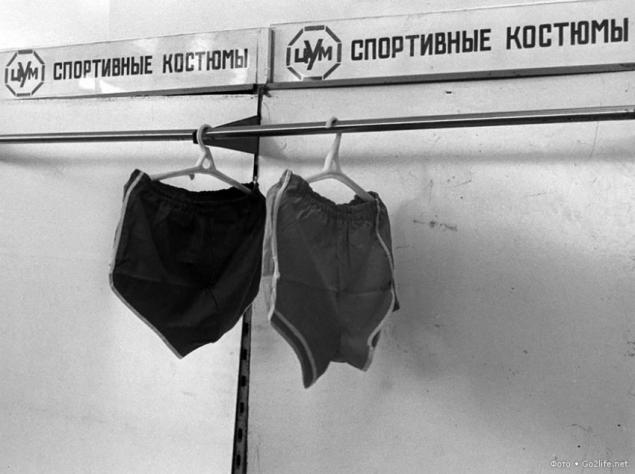
Anti-Soviet
The easiest way to deal with ideology. The fight against anti-Soviet - this is one of the main pieces of the USSR. I have to admit: not much fun, adventure end with storage and distribution could very specific term. Of course, at different times, the attitude was different. There were times when the slightest misdemeanor ended severe punishment.
In the 70's approach has already been personalized. An isolated case, the lack of old sins, repentance, and of course, the magic of collective guarantee - a person could get rid fright, reprimand and burned nerve cells. What was banned?
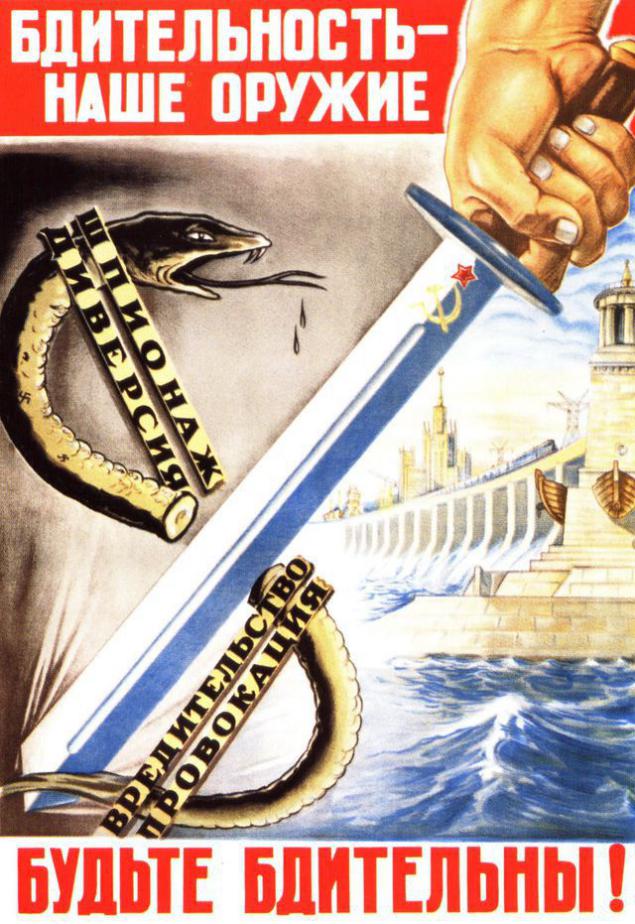
First of all literature. List of banned books was just huge. Across the border could not get Russian emigre writers. Here, they say, without a chance. It was impossible to smuggle anti-Soviet elements such as Orwell, Burgess, Henry Miller. Wary and to the representatives of the lighter genre Chase, Tolkien, Collins and, of course, Ian Fleming.
Slightly less extensive list was among the musicians. Suffered mostly alien to the Soviet world rock band, from Nazareth to the Scorpions, to him also were Tina Turner, Michael Jackson and Madonna.
There was also a list of movies. However, to the videotapes that have appeared in large quantities in the years when the disease of the Soviet Union became chronic, treated easier. Usually they just confiscated, without any consequences. Could even return in a very "worn out" state.
The most realistic option to suffer during a raid on a VCR owners. Here was shining a harsh introduction to the people's court.
But the stories about the persecution of shoes "Adidas" - it is still a fantasy. In the USSR, the government has purchased and Bulgarian jeans, sneakers and Czech, and had its own production. Actually, even bought a real firm, but in such microscopic dimensions that some "hook" of the nineties only laugh. So it is not planted for wearing.
If you're lucky, and you somehow miraculously was able to buy «Nike», no you will not touch. Imprisoned solely for speculation these sneakers.
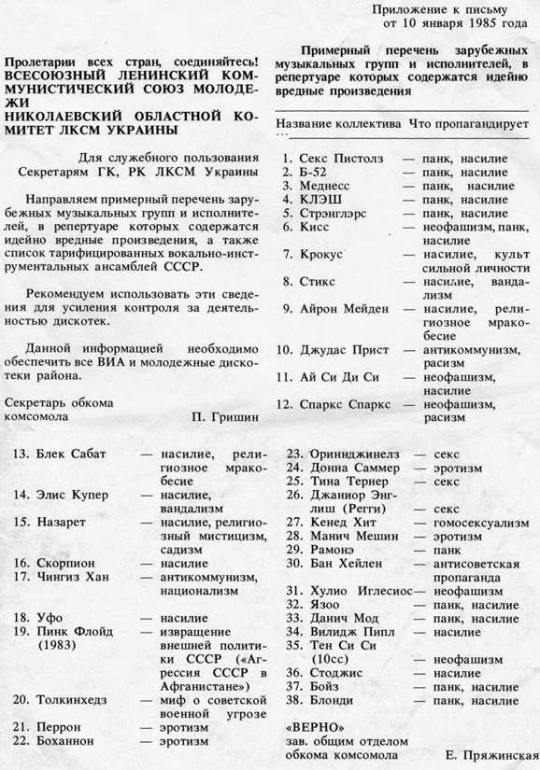
Currency hunger
In the Soviet Union were replaced by five-year plan, master plans and the Secretary General, but one thing remained constant: the country lacked currency. Actually it is this, rather than some deliberate policy of the authorities significantly restrict imports. From the Civil War until the collapse of the USSR the problem of foreign exchange earnings remained acute.
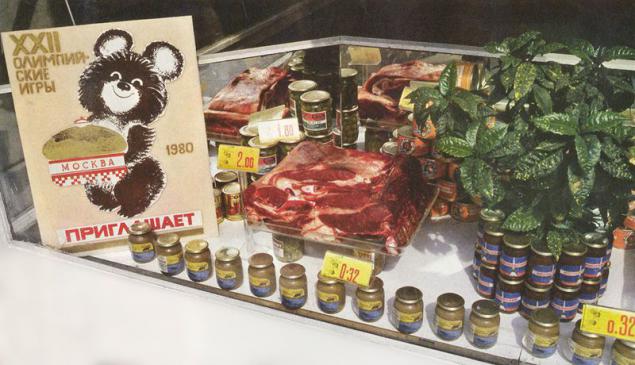
We can not say that they did not exist. USSR quite actively sold on the world market oil, gas, ferrous metals, chemical products (mainly fertilizers), timber and lumber.
Truth and expenses were serious. Only the support of the communist parties around the world eats a lot of money, and there still had to maintain a defense industry, public garden build. In general, some of the figures of what and where purchased the USSR in 1984, can be found in the table.
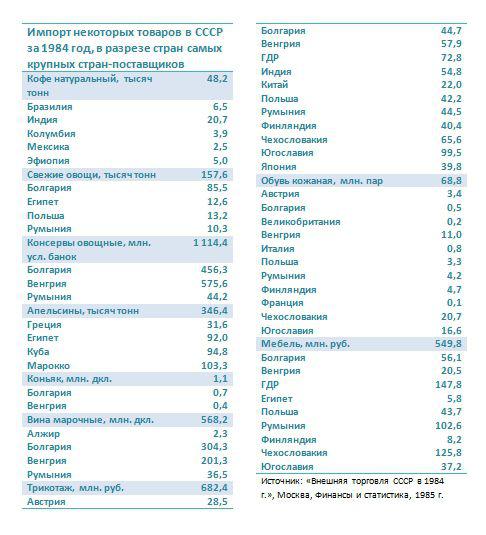
Without which had to do the same?
Let's start with the fact that virtually no imported into the country are the achievements of Western civilization as TVs and VCRs. Actually foreign technology, including home, it was really difficult. Control it was possible, but mostly in the hands or with komissionke. Prices were space. Three or four thousand rubles for a simple VCR would not have surprised anyone.
It is fair to say that domestic models were also not cheap. For example, "Electronics VM-12" - the first Soviet VCR - cost 1200 rubles. Recall engineer salary of 140 rubles. The most offensive, that he did not lie in store! Going to a huge queue, and the opportunity to buy it with a ONE.

Naturally, the Soviet people had been deprived of the opportunity to buy something from the collection of haute couture houses of Paris, but now it is not the most demanded products for objective reasons.
Much sadder that an ordinary consumer goods, which is now sold on every corner, on the domestic market almost did. In the same 1984 leather shoes was purchased only 68, 8 million. Couples, but mainly steel suppliers socialist countries (81, 7%). For comparison, in modern Russia every year imported 85 million. Par. It's fallen off when the republics and without mass deliveries that bypass the official statistics.
Someone may object that existed in the Soviet Union left the speculators and trade. Existed. That's just the volume of it have been much less. The state was seriously afraid of this phenomenon and quite actively fought with him. And the possibility of such entrepreneurs were much less. Neither the sailors nor diplomats nor touring actors are not brought from trips abroad ten identical jackets.
Approximately the same picture was with the food, although there purchase volumes were significantly larger.
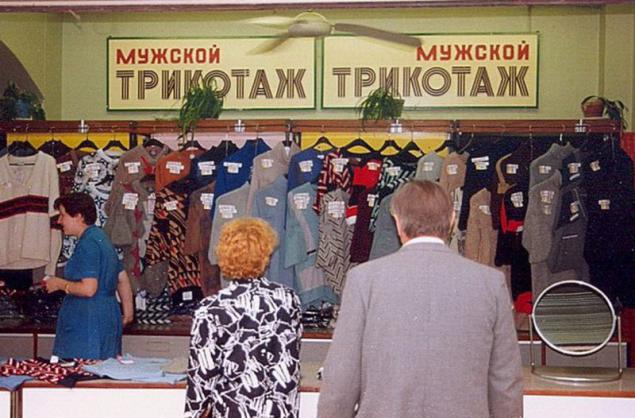
"Jackson-Vanik amendment" and other horrors
Some items were simply not allowed to sell in the USSR. In the Western world claim to communism have always been. Therefore, the so-called developed capitalist countries have tried to hinder the development of the economy of the country of victorious socialism. Concerned it is primarily spread of high technology and everything that could be used in the manufacture of weapons. But not only.
For example, in 1953, one of the notable successes of Soviet diplomacy called trade agreement signed with Argentina. But there was no extraordinary items. The Soviet Union supplied coal and oil, and from South America brought wool and butter. By today's standards, it is generally not serious.
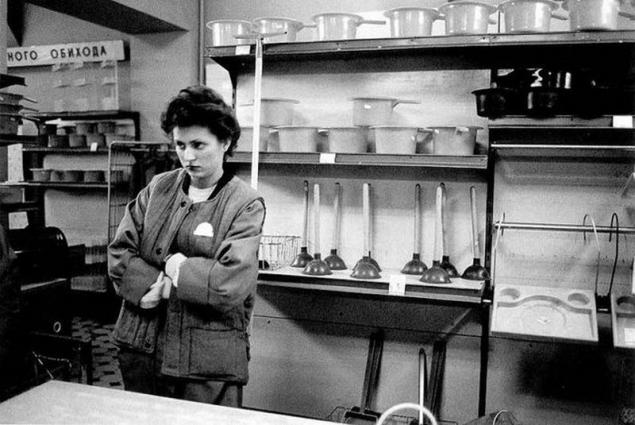
Who is most known for the so-called "Jackson-Vanik amendment" in the US, but it is not the first and not the only case of discriminatory measures, which had to face. Do not think that having money can buy anything. Of course, compared with the past century the situation has changed. Computers are now produced not only in the US, will leave the market Apple, his place will be Samsung. And leave it - there will be more Chinese brands. But the experience of the past should not be forgotten.
In fact the USSR was forced to buy is not the best or the cheapest, but the fact that he could buy. Consumer goods brought from the Czech Republic and Romania only due to the fact that they were part of the CMEA. That is, to pay for it could be transferable rubles. Actively used and barter. In a free competition, their products inevitably be lost. Hand on heart, is unlikely to be someone like a repetition of it all.

Source: www.new-retail.ru
Tags
See also
Happy B-day
100 interesting facts from the history of the USSR and Russia
Myths about the USSR
Chechen pogrom in Soviet Grozny
That hides the world ocean?
Machine in the USSR. How to buy and gave
Sergei Kuzin: "On the way to something new - no matter what - I always do a lot more things wrong than right"
Sustainable business – a business that can survive in the long term

















